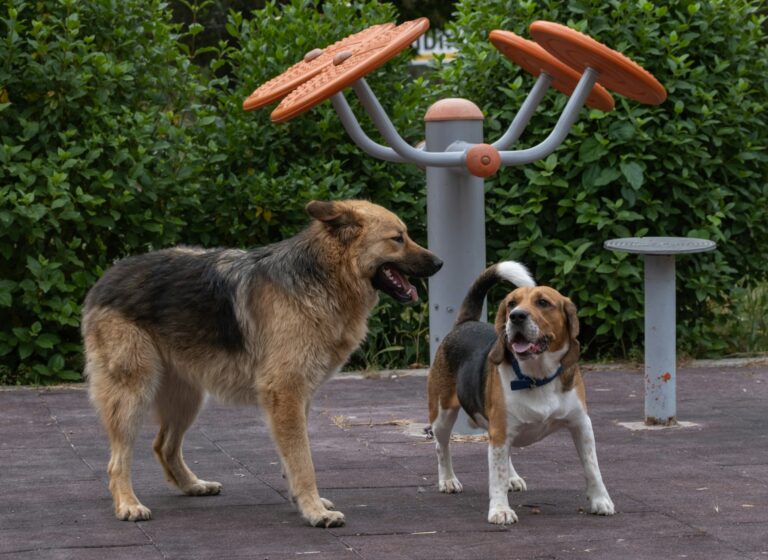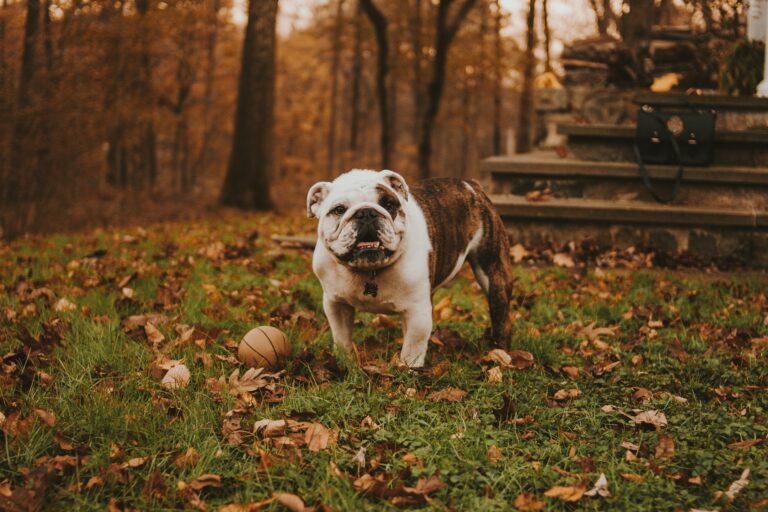How to Form a Strong Bond with Your Puppy in the Early Stages
The first few months with a new puppy are a whirlwind of excitement, challenges, and adorable moments. During this time, forming a strong bond with your puppy is essential for building trust, encouraging good behavior, and establishing a lifelong relationship. Puppies are incredibly impressionable in their early stages, and the connections they make with their humans will influence their emotional well-being and behavior throughout their lives.
If you’re wondering how to strengthen the bond with your new furry friend, here are some key tips to help you create a deep, loving relationship that will last a lifetime.
1. Spend Quality Time Together
One of the most important ways to form a bond with your puppy is by spending quality time with them. It’s easy to get caught up in the busy day-to-day responsibilities of caring for a puppy, but remember that time together is the foundation for your relationship.
Make sure to set aside time each day to just be with your puppy, whether that’s playing, training, or cuddling on the couch. Even simple activities, like sitting together while you read or watch TV, can make a big difference. The more time you spend with your puppy, the more they will associate you with safety, comfort, and positive experiences.
2. Establish a Consistent Routine
Puppies thrive on routine. Having a predictable schedule helps them feel secure and understand what’s expected of them. Set up regular feeding, potty, play, and bedtime routines, and stick to them as much as possible. When your puppy knows what to expect, it reduces anxiety and builds trust.
Consistency is also key when it comes to training. Use the same cues and commands every time, so your puppy knows what to do and can begin to learn from you. The more consistent and reliable you are, the more your puppy will look to you for guidance and feel comfortable in their new home.
3. Positive Reinforcement and Training
Training is not only about teaching your puppy commands but also about forming a deeper connection. Positive reinforcement is the most effective way to build trust and strengthen your bond. Whenever your puppy follows your instructions or exhibits good behavior, reward them with treats, praise, or playtime.
Puppies learn best through positive experiences, so try to make training sessions fun and rewarding. This will help your puppy associate you with good things and encourage them to want to learn and interact with you. Training also allows you to communicate with your puppy in a way they understand, deepening the trust between you.
4. Physical Touch and Affection
Puppies love physical affection, and this is one of the easiest ways to bond with them. Petting, cuddling, and even just sitting close to your puppy can help them feel safe and loved. Physical touch releases oxytocin, the “bonding hormone,” which promotes feelings of attachment and trust.
However, be mindful of your puppy’s comfort levels. While some puppies love being snuggled, others may need more time to adjust to close physical contact. Always watch for signs of discomfort and let your puppy set the pace. Gradually, your puppy will learn to enjoy and crave the affection you provide.
5. Play and Socialization
Playtime is essential for building a bond with your puppy. Play not only provides physical exercise but also helps with mental stimulation and socialization. Whether it’s fetch, tug-of-war, or simply running around together, play is an excellent opportunity to bond in a positive and enjoyable way.
Additionally, introducing your puppy to a variety of people, pets, and environments early on is crucial for their development and can help build confidence. Be sure to make these experiences positive and gradual so your puppy can learn to trust you and the world around them. This will also ensure that your puppy grows up to be a well-adjusted, well-socialized dog.
6. Be Patient and Gentle
Forming a strong bond with your puppy doesn’t happen overnight. It takes time, patience, and understanding. Puppies are still learning how to interact with the world and their new family, so there will be moments of frustration. Whether they’re having accidents, chewing on furniture, or getting into mischief, remember that these behaviors are part of their growth process.
It’s important to approach these challenges with patience and consistency. Avoid harsh punishment, as it can damage the trust you’re working so hard to build. Instead, use gentle redirection, positive reinforcement, and understanding to guide your puppy. The more patient and calm you are, the more your puppy will trust and look to you for reassurance.
7. Take Care of Their Needs
Another way to strengthen the bond with your puppy is by meeting their basic needs with care and attention. A happy, healthy puppy is more likely to develop a strong attachment to their owner. This includes providing high-quality food, clean water, regular exercise, and a safe environment.
Make sure your puppy feels secure in their new home by creating a cozy, safe space where they can rest and relax. This could be a crate, bed, or designated area that is quiet and comfortable. Knowing they have a space to retreat to will help your puppy feel more relaxed and trusting of you as their primary caregiver.
8. Respect Their Boundaries
Just like humans, puppies have their own personalities and comfort zones. Some puppies may be more independent, while others are more clingy. It’s important to respect their boundaries and give them space when they need it. If your puppy is feeling overwhelmed or shy, don’t force interactions. Instead, allow them time to come to you on their own terms.
Respecting your puppy’s signals and body language will help build trust and show them that you understand their needs. Over time, this creates a sense of security and allows your bond to grow stronger.
9. Be Their Protector and Leader
Puppies need to feel secure in their environment, and a big part of that security comes from having a strong, reliable leader. By being consistent with your training, setting boundaries, and offering guidance, you help your puppy feel safe and supported. When your puppy looks to you for leadership, they develop a sense of trust and confidence.
By being a steady protector and guide, you’ll build a deeper emotional connection that forms the foundation for a lifetime of mutual respect and affection.
Forming a bond with your puppy in the early stages of their life is one of the most rewarding parts of being a pet owner. It takes time, patience, and a little effort, but the rewards are immeasurable. A strong bond with your puppy will lead to a well-behaved, confident dog who trusts you as their caregiver and friend.
Remember that bonding is not just about giving treats or spending hours training — it’s about creating a relationship built on love, trust, and understanding. By being present, consistent, and affectionate, you’ll set the stage for a lifelong connection with your puppy that will last through every stage of their life.







